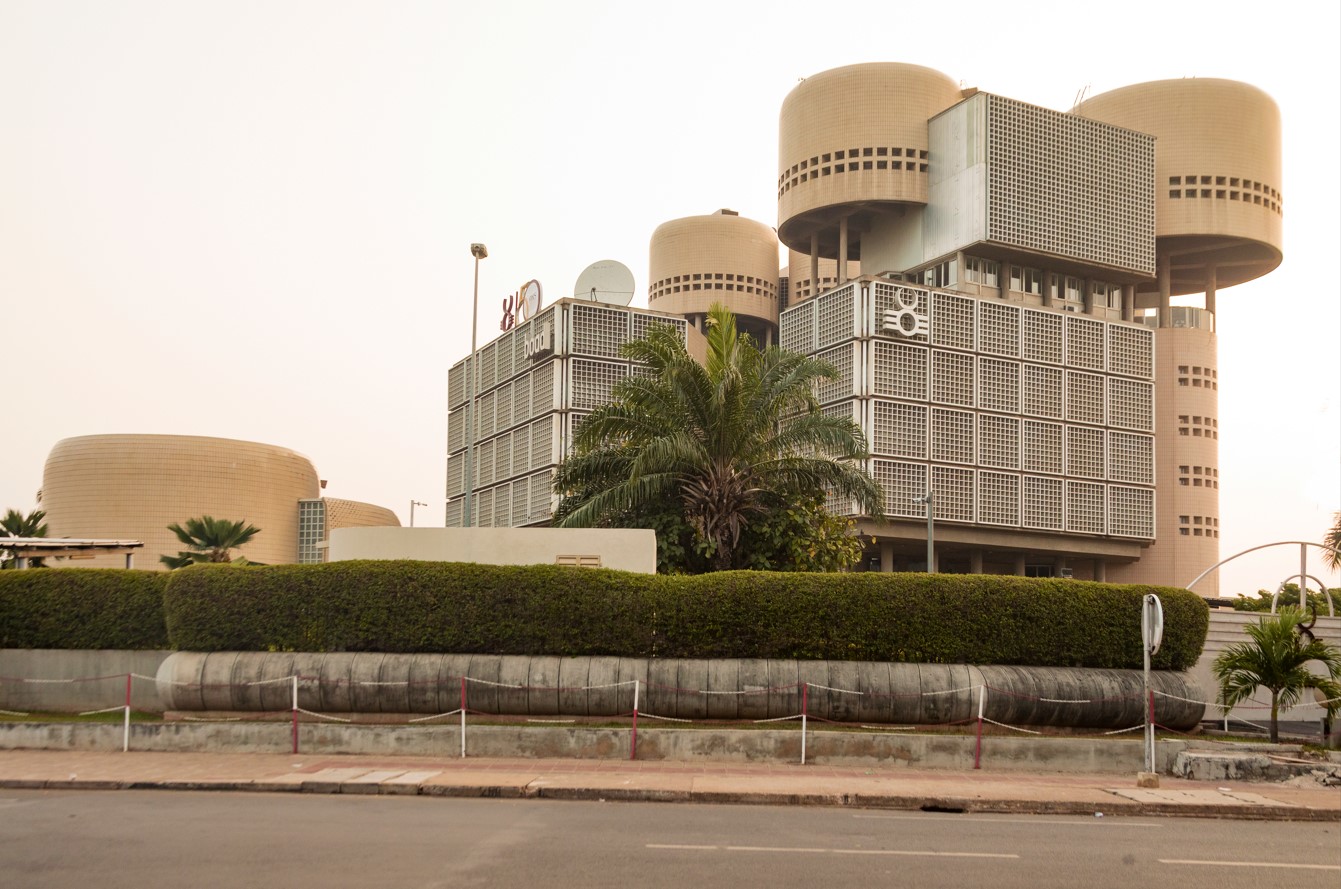
The inaugural edition of ‘Architecture Encounters / Les Recontres Architecturales de Lomé (RAL #1)’ in Togo (28-30 November 2024) offered plenty of food for thought. Ancient Nôk cave dwellings, 19th-century Afro-Brazilian architecture and the Tata Tamberma homes found in the north of the country are some of the historic buildings at the forefront of conservation efforts here; and this new festival taking place in the capital's Palais de Lomé provides a platform for academics and practitioners to explore some of these architectural histories across Togo and beyond.
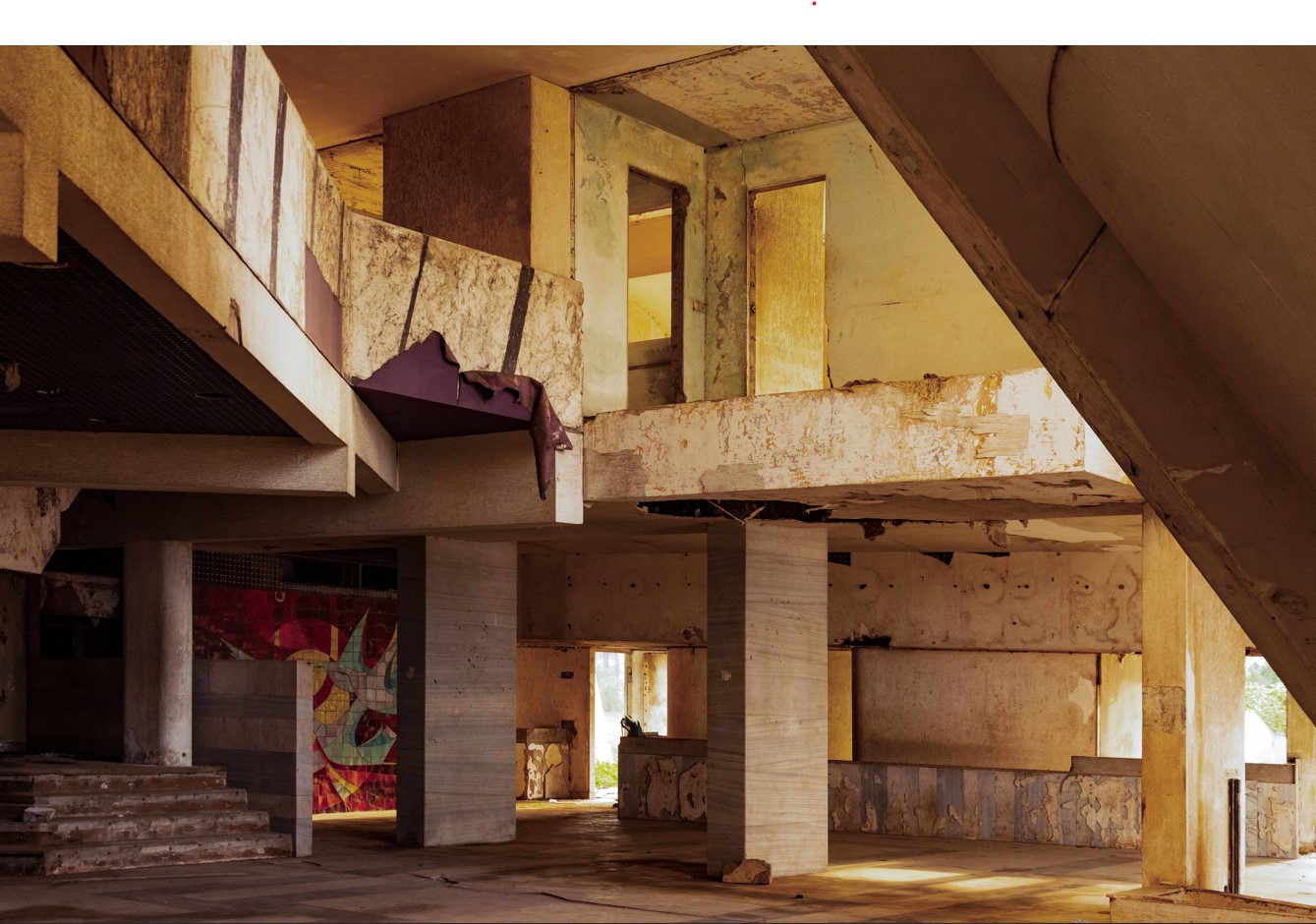
A taste of Togo's 'Architecture Encounters'
Among the line-up of speakers selected for their focus on regional integration and research was Beninese architect Olufemi Hinson-Yovo. The founder of SAH Studio brought her collaborative presentation to life using film stills and academic literature to illustrate her work archiving buildings in the region.
Dakar-based architect Nzinga Biegueng Mboup, co-founder of Senegal's Atelier Worofila, is fast establishing herself as an authority on building with traditional materials such as earth and reed, cantered through her impressive portfolio of bioclimatic designs and sustainable architecture.
Meanwhile, participants joined workshops on rammed earth construction techniques under the guidance of Green Lab founder, Josias Seddoh.
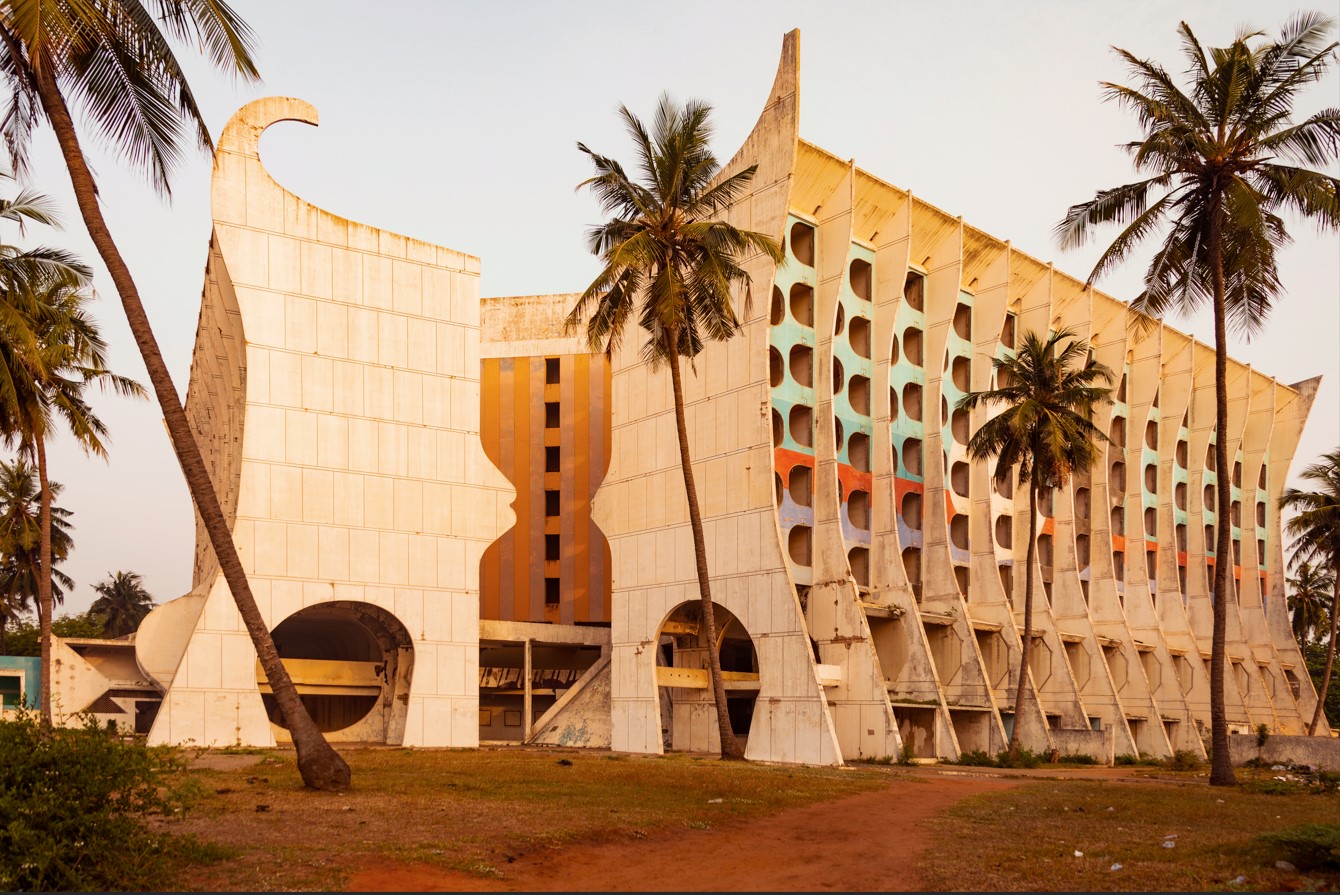
The event closed with the open-air screening of Tropical Modernism: Power and Architecture in West Africa, co-directed by Nana Biamah-Ofosu, who founded YAA Projects. Documenting the rise and fall of the tropical modernist style in Ghana, the film continued its tour, from its first viewing at the 2023 Venice Architecture Biennale and Sharjah Architecture Triennial to the 2024 Tropical Modernism exhibition at London’s V&A Museum.
French-Togolese architect Jeanne Autran-Edorh and Austrian writer Fabiola Büchele partnered with the state-owned cultural institute Palais de Lomé to curate the two-day event that kicked it all off. The co-founders of architecture and research practice Studio NEiDA centred discussions around the conservation and ongoing transformation of the region’s built environment.
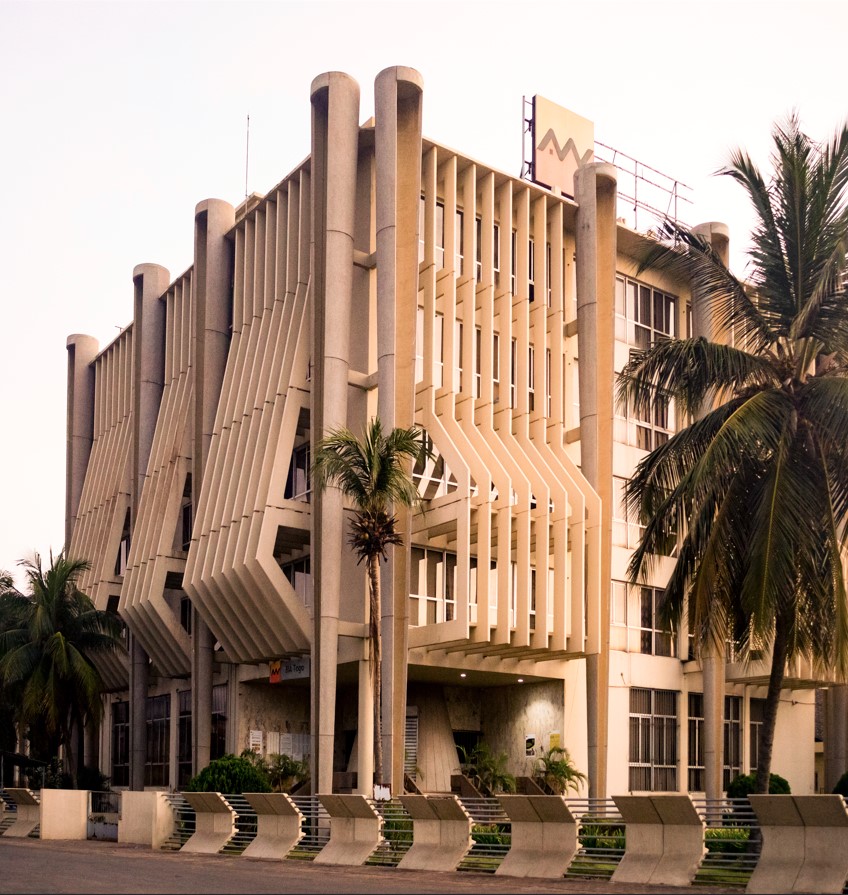
'It seemed to us that these two things – conservation and transformation – are the dual forces that are happening at the moment in architecture here,' Büchele says.
The Palais de Lomé is a fitting partner, embodying a striking example of this transformation; originally built by the German colonial power in Togo from 1898 to 1905, the palace had been left in ruins for 20 years. It was repurposed into a public art space – officially opening in 2019 following a $3.6 million renovation project.
Autran-Edorh and Büchele were keen to shape an event in Togo that captured period-defining contemporary themes.
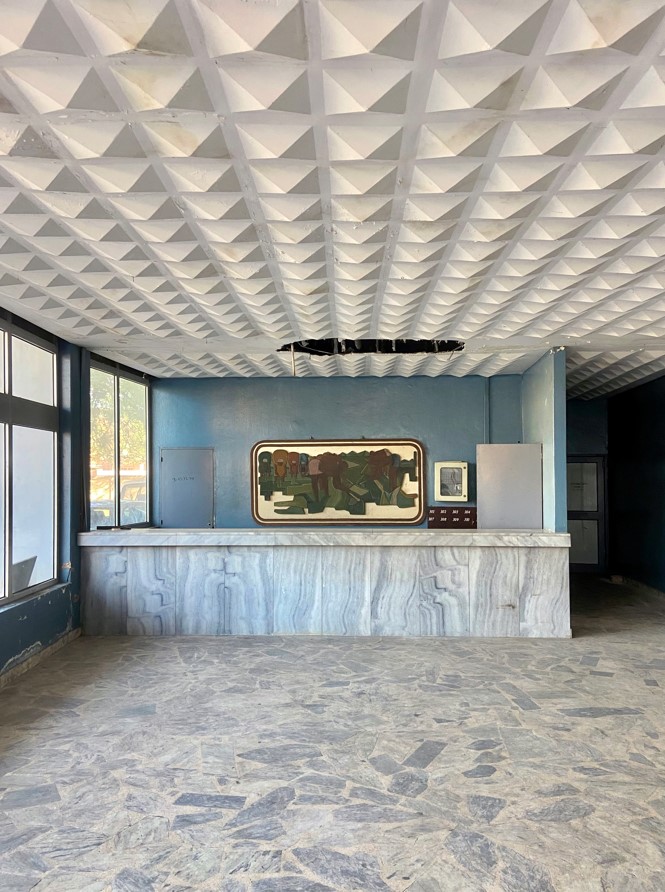
'People are trying to conserve things that are traditional and ancient, and have often been forgotten and have often been dismissed, not least because during colonial times, these things were not valued. But at the same time, there's a lot of transformation happening.'
A highlight of the event was a nearly three-hour tour of Lomé’s architectural gems, led by Togolese practitioner Sabrine Bako. It encompassed the magnificent crumbling remains of the derelict Hotel de la Paix, Afro-Brazilian buildings constructed by freed slaves returning to Togo from Brazil in the 1800s, and the West African Development Bank (Banque Ouest Africaine de Developpement), a seven-storey piece of modernist architecture designed by French architects in 1980.

Meanwhile, a photography exhibition within the galleries of Palais de Lomé, showcasing some of Togo’s most widely known architecture serves as a souvenir of the entire event. Hung across two rooms, the show will remain at the institute until March 2025, tracing design histories in Togo and broadening the scope of how we think about West African architecture.

‘Conservation / Transformation - Considering the Architectural Heritage of Togo’ is on display at Palais de Lomé until March 2025







